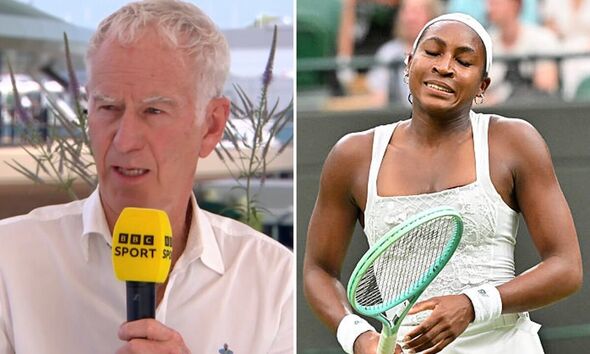The 2014 football World Cup and 2016 Olympic Games in Brazil, the 2018 Winter Olympics in South Korea, the 2022 football World Cup in Qatar…
The list of high profile sports events that are moving away from sport’s traditional strongholds in Europe and North America is long.
But a look beneath the upper tier of the world’s most glamorous events tells a story of continuity rather than one of change. According to an analysis from the Danish Institute for Sports Studies/Play the Game, the idea of a rapid globalisation of all types of sporting events seems widely exaggerated. In fact, the placement of all World Championship events since 1990 shows that Europe and the other Western sports powers still hold a firm grip on the majority of the championships, even though the international power relations are gradually changing.
Only 61 countries have hosted or have been selected as hosts of a World Championship since 1990 (see map above). Among these host countries, ten predominantly Western countries have been responsible for more than half (442 of the total 816 World Championship events).
Within the last three decades, however, there has been a shift in which strong events nations like Germany, Canada, USA, Japan, Switzerland and Australia have lost terrain.
Distribution of World Championships in Olympic sports by decade:
Meanwhile, Russia, a traditional sport superpower, has gained strength as an event organiser. Likewise, another great power, China, has truly entered the event scene (see table below). Both countries have put a lot of political power into sports events with mega-events such as the football World Cup and the Olympic Games leading the way.
Top 10 of most hosting active countries from 2010 and onwards:
As per October 2013, Russia now tops the top 10 of
countries hosting or being awarded World Championships
in Olympic sports since 2010 and onwards.
(Score of 0.5 reflects co-hosted events)
The West is a little less dominant
Such shifts have meant that the Western countries’ share of the total number of events has declined from 83 per cent in the 1990s to 70 per cent in the period from 2010 and onwards.
But even though the West is a little less dominant, the world map of sports events has not been turned upside down. This conclusion is even more evident if you just focus on Europe’s placement and include Russia.
From this perspective, Europe is dominating the hosting of sport events to an extent which is neither justified by the continent’s population size nor its economic weight. European countries are accountable for 65 per cent of all World Championship events after 2010, despite the fact that a mere 11 per cent of the world’s population lives in Europe and only 30 per cent of the world’s BNP is produced here.
Sport is less global than we think
This overrepresentation of sports leaders from European countries plus the US and Australia could be one explanation as to why Europe and the Western countries also dominate as host countries. But first and foremost, the analysis of event placements since 1990 may tell us that Olympic sports are less universal than they claim to be.
The vast majority of Olympic sports have their roots in a European/Anglo-Saxon culture, and the hosting of World Championship events typically draws on sporting infrastructures and traditions which might take generations to build up. Only when there are clear national aims behind the hosting of sports events does the picture looks significantly different.
In this sense, it is not surprising that the most prestigious and de facto politicised mega-events, such as the Olympics and the football World Cup, have undergone a major globalisation. After 2010, almost three out of four Olympic and World Championship events in athletics, swimming and football have taken or will take place in non-Western countries – including a number of countries where the democratic traditions are inversely proportional to the event budgets.
So, while the globalisation of most sports events is only moving slowly – maybe even too slow if sport wants to live up to its own universal principles – one could ask whether the spread of the big mega-events is happening too fast amplifying the challenges of those events when it comes to well-known problems of corruption, lack of sporting or economical sustainability and problematic political agendas.
About the analysis:
The analysis by the Danish Institute for Sports Studies is based on a registration (host nation/ city) of all official World Championships events in all Olympic disciplines from 1990 and onwards. The registration took place in October 2012 and also includes events taking place after 2013, which at that time had been awarded but not yet held.
For sports that have been added to the Olympic programme after 1990, the World Championship events have been included from the year when it was decided by the IOC to formally add the sport to the programme.
For more information and numbers from the analysis, see Søren Bang’s presentation from Play the Game 2013:




